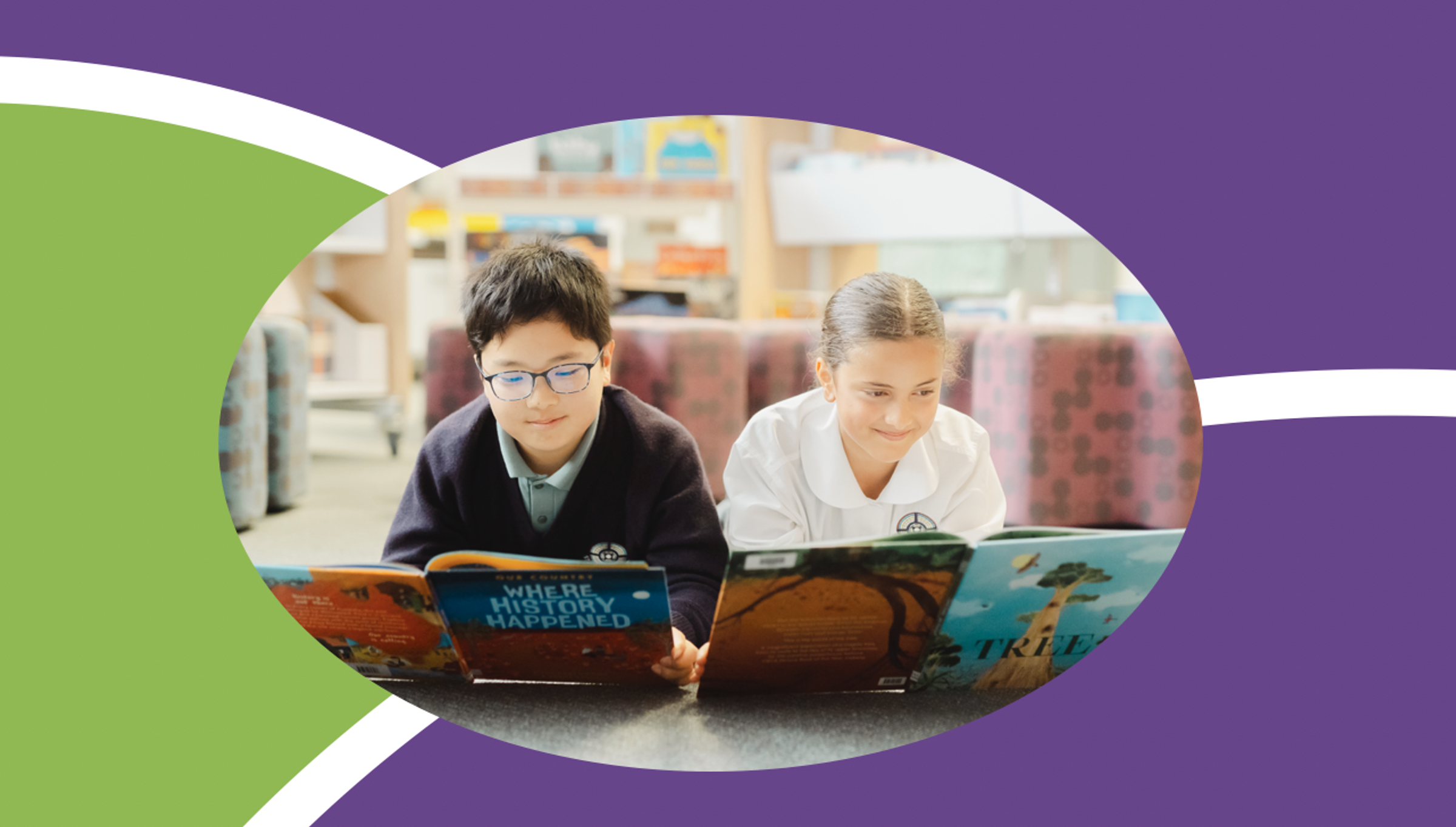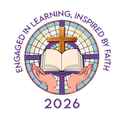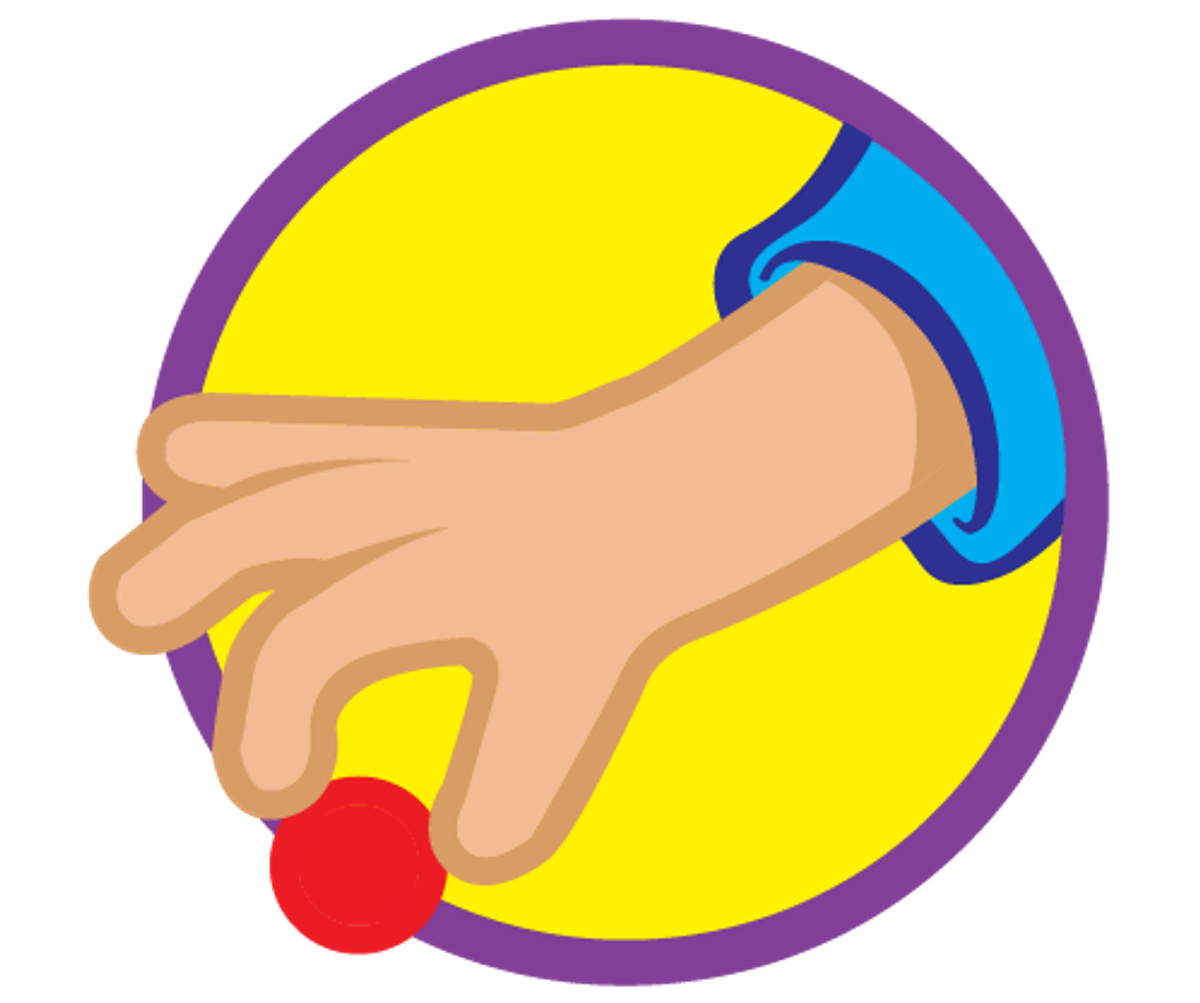Literacy & Mathematics

Mathematics
Building Strong Mathematical Foundations
At our school, we believe that Mathematics is about more than just getting the right answer - it’s about developing a deep understanding of how numbers, patterns, and relationships work.
This understanding is built on a set of key ideas that help students make sense of Mathematics in meaningful and lasting ways.
In each school newsletter, we will introduce a new sub-strand of mathematics - along with the key ideas that support student learning in that area. These key ideas are the "big ideas" that help students develop mathematical proficiency.
Here are four key ideas that are important across all areas of mathematics:
✋ Estimation
What is it? Estimation is about making a smart guess based on what you already know. Why it matters: It helps children check if their answers make sense and develop number sense, which is the ability to understand and work with numbers flexibly.
👁️ Visualisation
What is it? Visualisation means creating a picture in your mind. In Maths, this might be imagining how shapes fit together, or what happens when you divide a cake into equal parts. Why it matters: It helps children solve problems, especially when they don’t have physical materials in front of them. Visualising builds spatial thinking and supports problem-solving across all areas of Maths.
⚖️ Equality and Equivalence
What is it? These ideas are about understanding that two things can be the same in value or amount, even if they look different. Why it matters: Equality is more than just the equal sign (=). For example, 5 + 3 is equal to 4 + 4. This understanding helps students develop flexibility with numbers and sets the foundation for algebra later on.
🗣️ Language
What is it? Maths has its own language—both in the words we use and the symbols we write. Why it matters: Students need to learn how to move from using everyday words (“times” or “share”) to more precise mathematical terms (“multiply” or “divide”). A strong grasp of Maths language helps children understand instructions, explain their thinking, and connect ideas clearly.
By focusing on these key ideas, we’re helping students become flexible thinkers, strong problem-solvers, and confident mathematicians.
English - Fine Motor Skills
Fine Motor Skills allow us to perform everyday basic tasks such as doing up our buttons, writing our name, cutting with scissors, opening lunch boxes, using a knife and fork and brushing our teeth.
These basic tasks are essential to everyday life, especially when children start school and they no longer have their parents around to help.
Children build fine motor and gross motor skills through practical playtime. With touchscreen devices becoming more prominent in everyday life, kids are getting more screen time and less playtime which is essential in developing the muscle strength required to complete tasks such as holding a pencil.
One of the most important ways we can help our children while playing with them at home or in a childcare/classroom setting is through setting up simple activities that help to develop fine motor skills. Young children need to be able to hold and use scissors and pencils appropriately before using them in a classroom context. We cannot expect them to be able to write if they haven’t yet developed the strength needed in their hands and fingers.
Five Reasons Fine Motor Skills are Important:
- More often teachers are seeing children struggle to write, making it harder for students to focus on learning the curriculum.
- Fine Motor Skills have a significant effect on a person’s academic performance later in life.
- Fine Motor Skills affect children’s confidence in the classroom.
- Fine Motor Skills can affect a child’s behaviour in the classroom.
- Fine Motor Skills are essentials to helping children become independent.
For the full article: https://www.specialneedsaustralia.org/blogs/sensory-product-update/5-reasons-fine-motor-skills-are-important
Don’t worry if you are concerned about your child’s Fine Motor Skills there are lots of free resources available online.
https://childdevelopment.com.au/resources/child-development-charts/fine-motor-developmental-chart/
https://theimaginationtree.com/40-fine-motor-skills-activities-for-kids/
https://www.yourtherapysource.com/fine-motor-activities-free-stuff/


